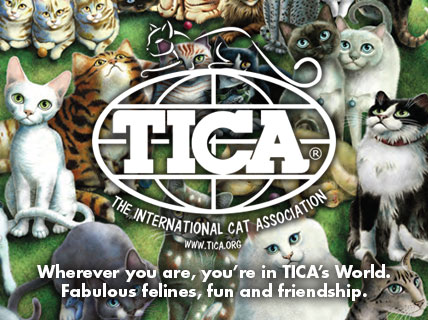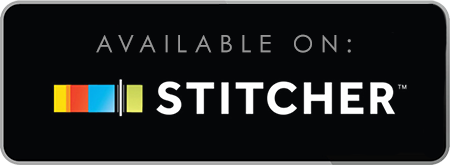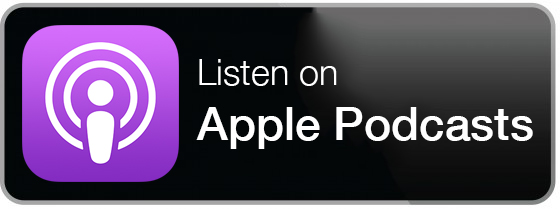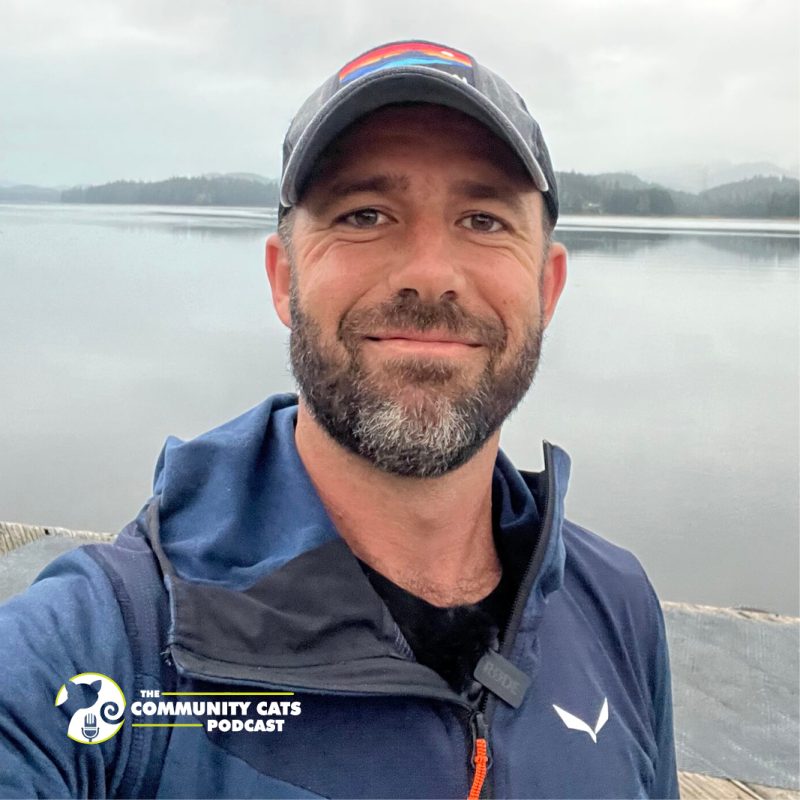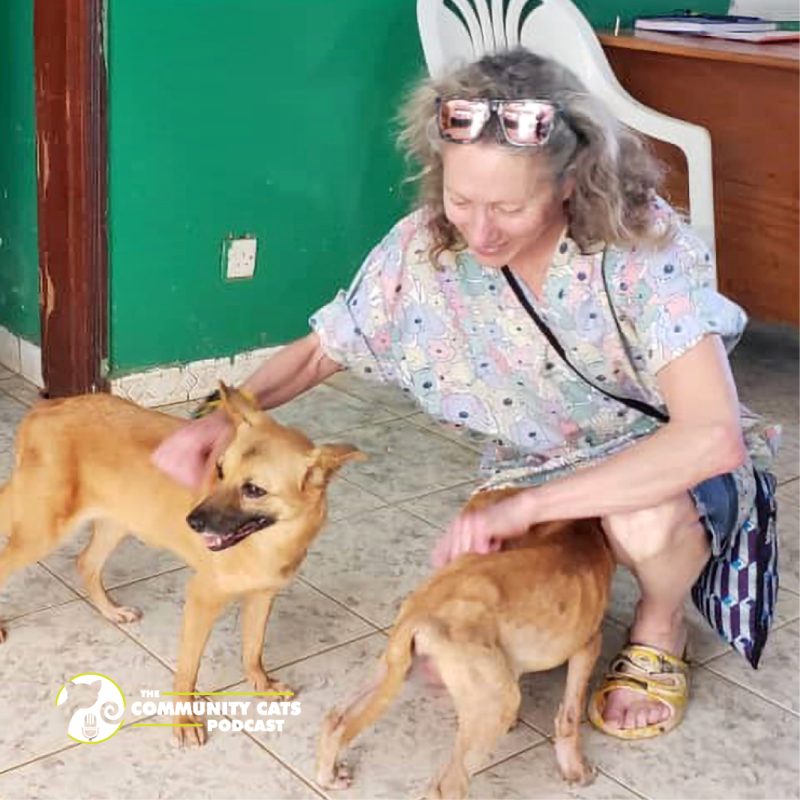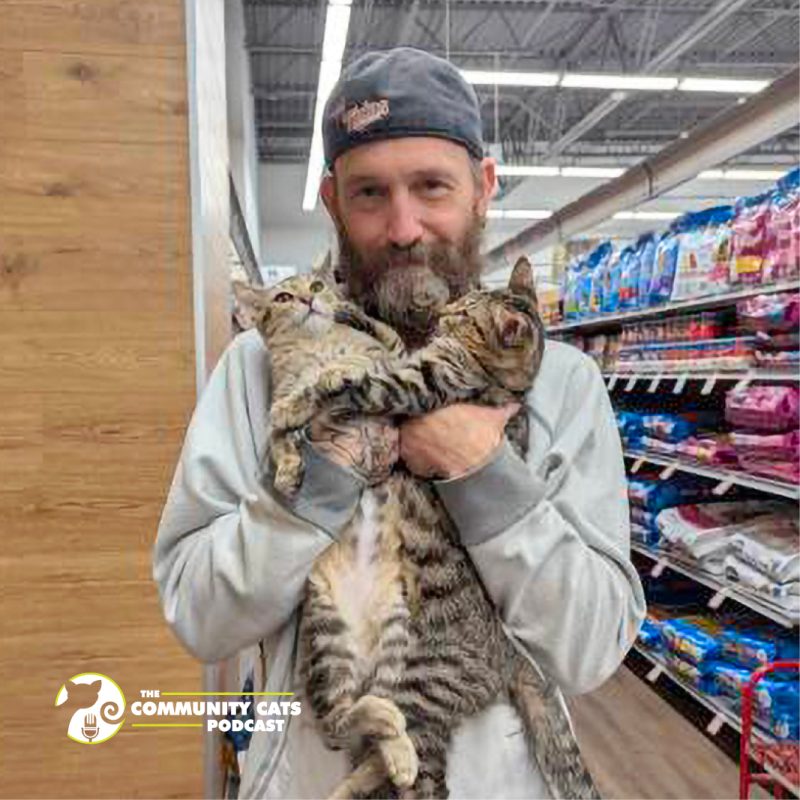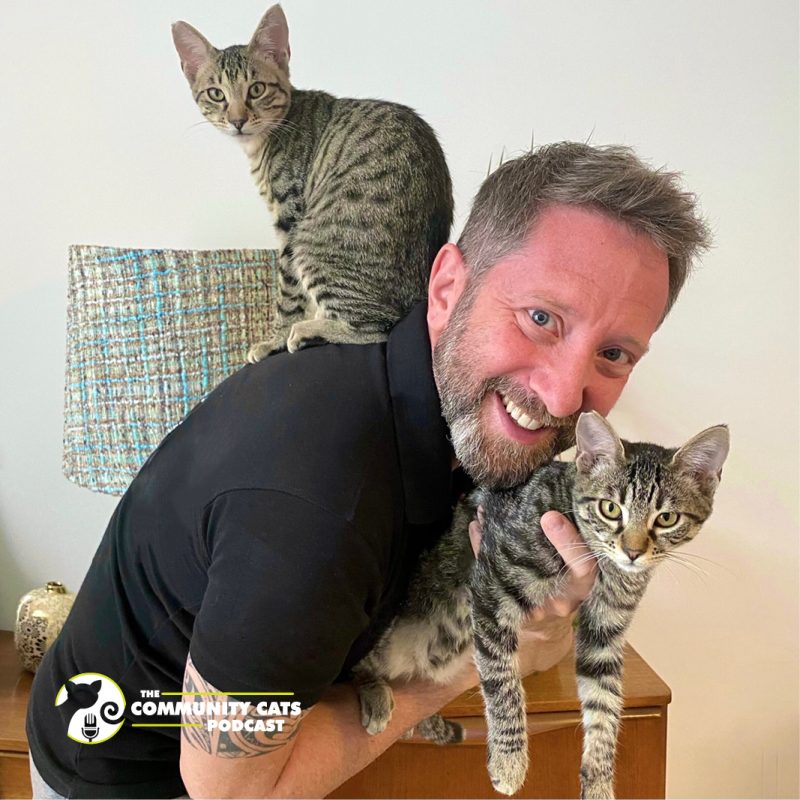
Fall Fundraising Tips and Strategies
September 16, 2018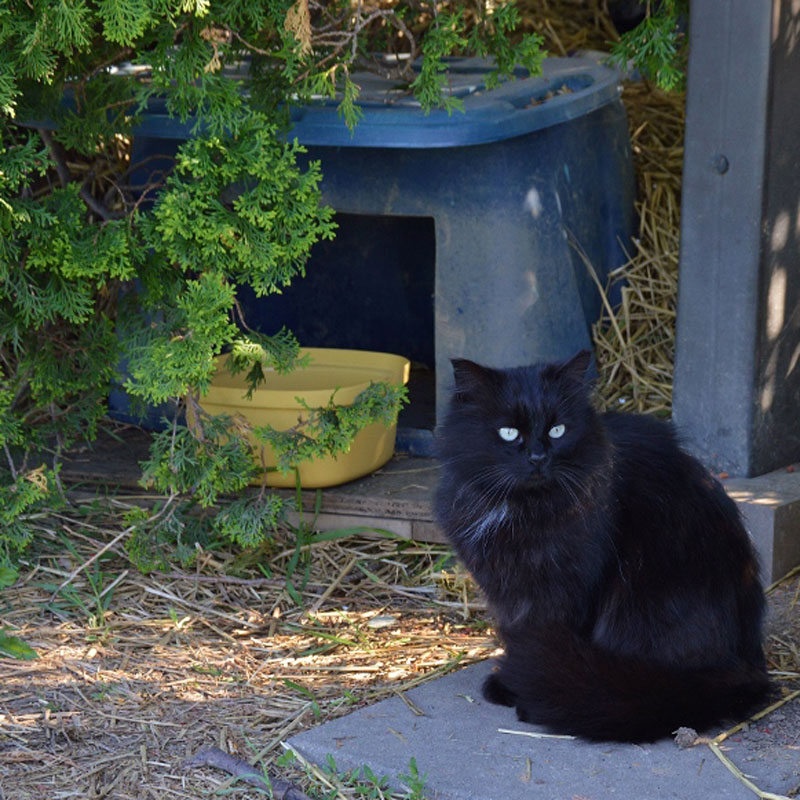
Oh My! It’s Already Time to Start Thinking about Winterizing Those Shelters!
September 23, 2018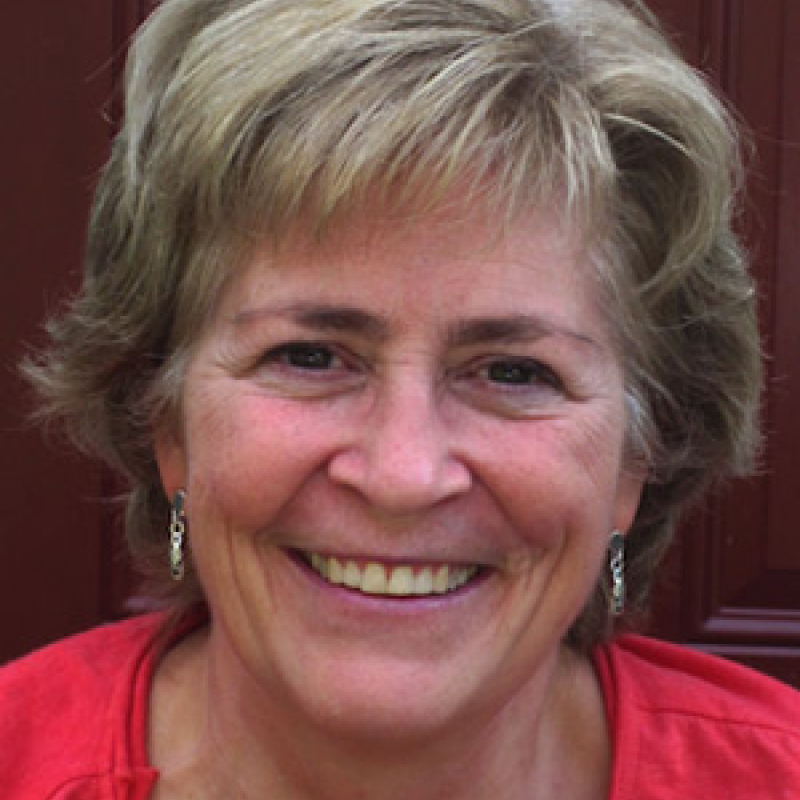
“That’s what a coalition should be about … giving people an opportunity to share their side of the story and be understood.”
 Anne Lindsay, the founder & president of the Massachusetts Animal Coalition (MAC), has been an animal advocate for over 30 years. Founded in 2000, MAC was one of the country’s first state-wide coalitions for animal welfare professionals and volunteers. In her role at MAC, Anne works with other groups, states, and communities on setting up coalitions, and she also works with organizations on board development. In 2010, Anne earned her master’s degree in counseling psychology, and she uses that training to help people and organizations work on compassion fatigue issues.
Anne Lindsay, the founder & president of the Massachusetts Animal Coalition (MAC), has been an animal advocate for over 30 years. Founded in 2000, MAC was one of the country’s first state-wide coalitions for animal welfare professionals and volunteers. In her role at MAC, Anne works with other groups, states, and communities on setting up coalitions, and she also works with organizations on board development. In 2010, Anne earned her master’s degree in counseling psychology, and she uses that training to help people and organizations work on compassion fatigue issues.
While MAC was initially started in order to approach Maddie’s Fund for grant money (which they never did!), Anne and others involved in the group early on quickly realized how valuable the coalition could be in and of itself. The group realized that many of the animal welfare groups in Massachusetts weren’t getting along well at the time, and that in order to do the best possible work for animals, groups needed to work on getting along better and collaborating. A state-wide coalition felt like the best, most efficient way to do that. Anne feels strongly that having a coalition helps people and groups stay focused because they have an agreed upon, common goal that they know they’re going to stick with.
MAC has a number of task forces, some of which have developed into full-fledged programs over the years, including the Tufts spay/neuter clinic (now run by the school as part of its veterinary curriculum), the license plate grant program, and the Animatch program. Animatch helps move cats and dogs around the state to areas where they have a better chance of being adopted or receiving the help they need. MAC is happy to help other organization and coalitions set up a program like Animatch through a model they have developed for sharing the program, and Anne hopes that other groups will reach out to learn if a similar program could work in their area.
Stay tuned for part two of Stacy’s interview with Anne, in which they talk more about setting up a coalition, and about compassion fatigue.

